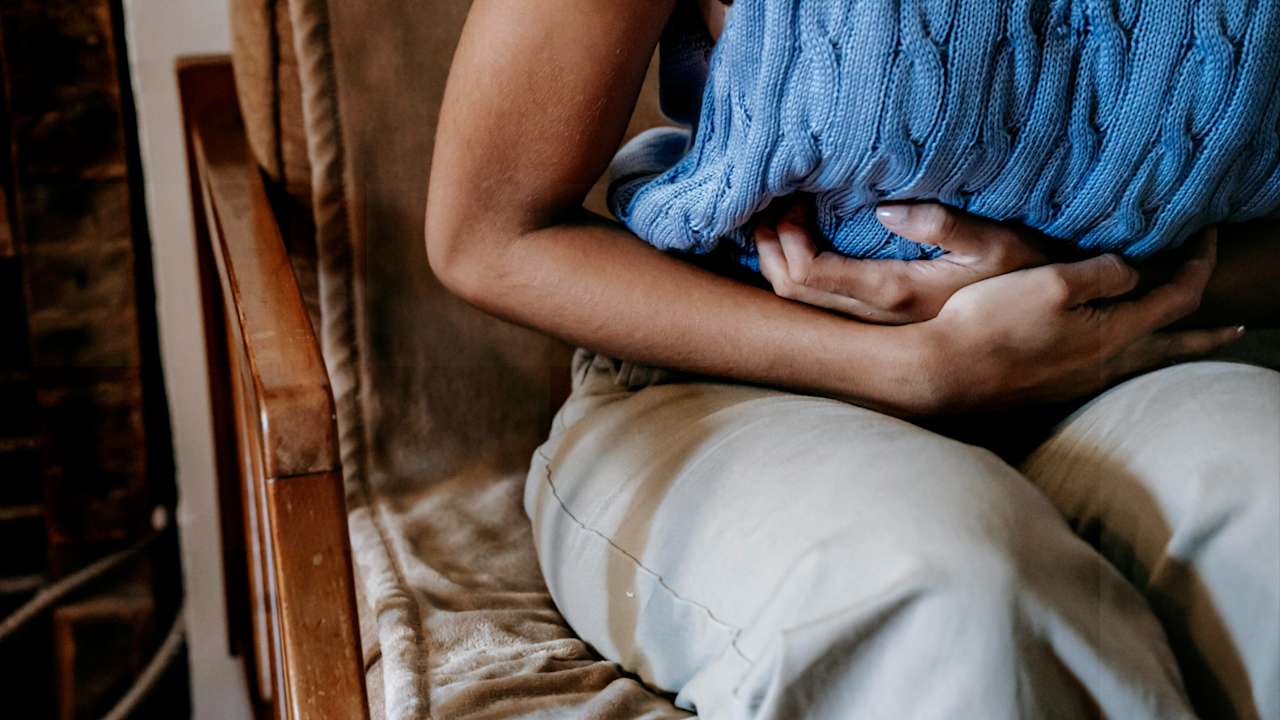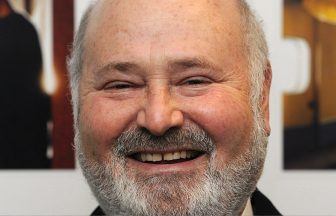Good Morning Britain reports on the new figures which reveal the “devastating” state of waiting lists for gynaecology appointments
More than 760,000 women across the UK are on a waiting list “crisis” for gynaecology appointments, a new report has revealed.
A “devastating” report from the Royal College of Obstetricians and Gynaecologists (RCOG) shows that women are suffering from serious gynaecological conditions while they await an appointment.
RCOG, who surveyed over 2000 women and over 300 healthcare professionals, said that more women are seeking emergency care for severe symptoms, with gynaecology emergency admissions in England rising by 33% between 2021 and 2024.
The report titled ‘Waiting for a way forward: Voices of women and healthcare professionals at the centre of the gynaecology care crisis,’ also found that 76% of women on waiting lists said their mental health had worsened, while 69% struggled with daily activities, including work.
India Weir, 27, from near Edinburgh, has been suffering from “chronic pelvic pain” since 2017, she said her day-to-day life has been affected.
“I’ve been living with chronic pelvic pain and significant symptoms associated with endometriosis since 2017 and have been on and off gynaecology waiting lists throughout this time. I’m currently waiting for surgery to manage my deep infiltrating endometriosis and ovarian cysts,” she said.
“Physically, being in pain every single day takes a huge toll on me whilst I have to get on with day-to-day life. Also, living with the uncertainty of when I’ll undergo surgery makes it hard to plan ahead. It impacts every part of my life and my quality of life.
“My relationships, friendships, social life, career and mental health are all affected – and my condition is getting worse without treatment and relevant care.”
Additionally, healthcare professionals were “deeply concerned” for their patients, with 65% of primary care and 69% of secondary care clinicians reporting that clinic pressures have harmed their own health and wellbeing.
Over 90% of primary care workers said longer hospital gynaecology waits were “severely” affecting general practice.
RCOG has urged the Labour government to provide immediate support for those on waiting lists and commit to long-term funding to tackle the “systemic issues” fuelling delays.
Dr Ranee Thakar, President of the RCOG, said: “A way forward is urgently needed to tackle the UK gynaecology crisis… NHS staff are also deeply concerned and distressed that they do not have the necessary resources to deliver good care, affecting their own wellbeing.”
“UK governments must act now. The RCOG is calling on them to commit to long-term, sustained funding to address the systemic issues driving waiting lists, alongside delivering an urgent support package for those currently on waiting lists.
“This investment will not only benefit thousands of individual women but the wider economy too, because the evidence shows that healthy women are the cornerstone of healthy societies. Get it right for women and everyone benefits.”
A Department of Health and Social Care spokesperson said: “Too many women are facing unacceptable waits for gynaecology treatment.
“This government is overhauling women’s healthcare and our 10 Year Health Plan, backed by a £22.6 billion increase in day-to-day health spending, will bring down waits in gynaecology so get women the support they need when they need it.”
Jane Plumb, the Women’s Voices lead at RCOG, described the “devastating” state of gynaecology waiting lists as a “crisis”.
“The state of gynaecology waiting lists in the UK is a crisis that demands immediate attention. Millions of people are waiting for non-cancer hospital gynaecological care, many are suffering with severe pain and heavy bleeding, and the impact on their physical and mental health is devastating,” she said.
Professor Kamila Hawthorne, Chair of the Royal College of GPs, said: “GPs understand how hard living with a gynaecological condition can be, and how frustrating and concerning it is to have to wait months or even years for the right specialist care.
“GPs and our teams play a key role in managing our patients’ conditions while they are on waiting lists, and it is deeply worrying to see their health deteriorating, becoming more complex to treat, and affecting their quality of life while they wait.”
ITV News has contacted the Department of Health and Social Care for comment.
Follow STV News on WhatsApp
Scan the QR code on your mobile device for all the latest news from around the country




























